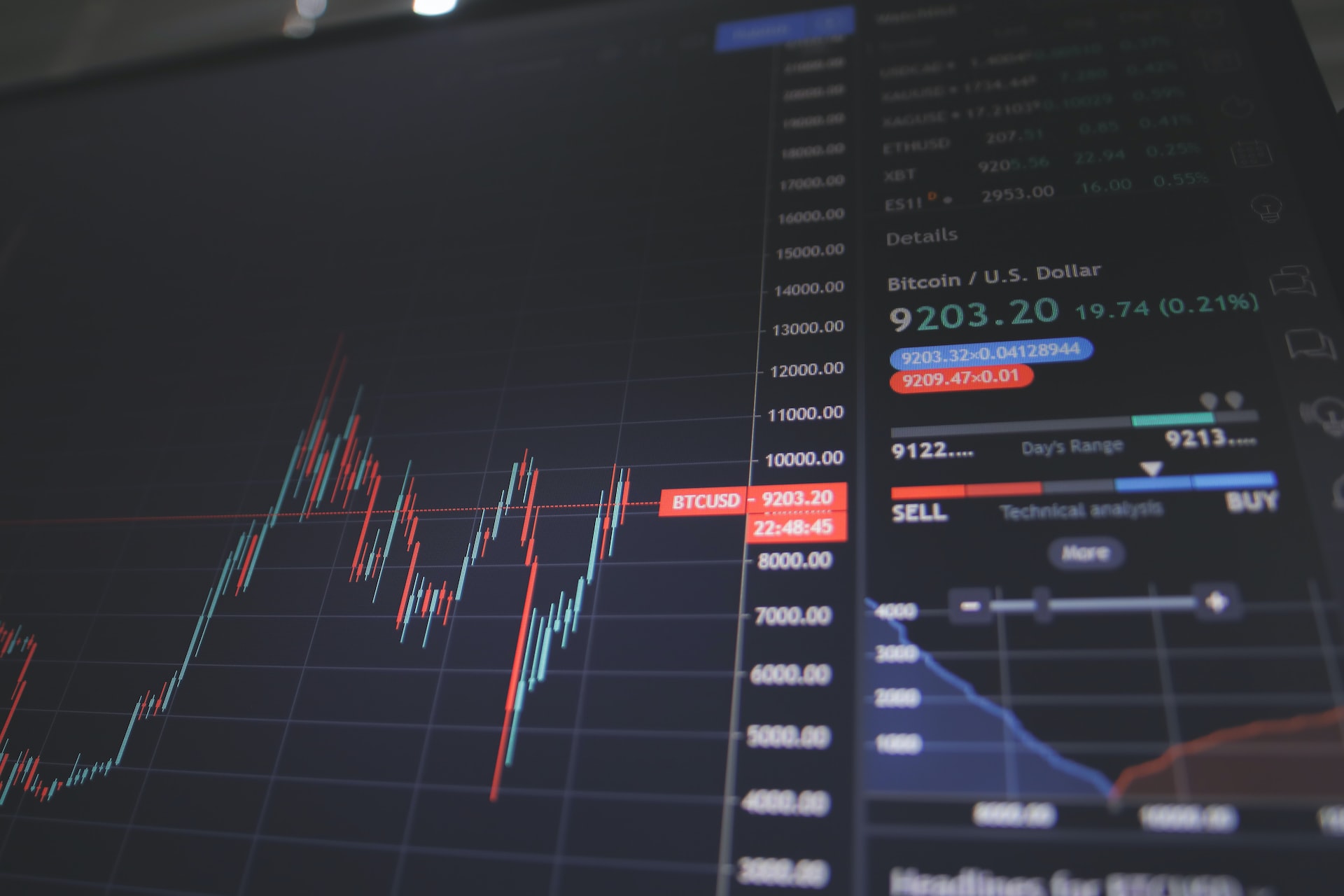Centralized exchanges are a popular choice for many cryptocurrency traders, as they offer an easy-to-use platform for buying, selling and trading cryptocurrencies. However, despite their convenience, centralized exchanges are not secure and can expose traders to a range of risks and vulnerabilities. In this article, we’ll explore the reasons why centralized exchanges are not secure, and what traders can do to protect their assets.

- Vulnerability to hacks: Centralized exchanges are centralized systems that store large amounts of user data, including sensitive information such as private keys and passwords. This makes them a prime target for hackers, who can use this information to steal cryptocurrencies or other assets. In fact, many of the largest hacks in the cryptocurrency industry have targeted centralized exchanges, resulting in the loss of billions of dollars worth of assets.
- Lack of transparency: Centralized exchanges are not transparent and often operate with limited accountability. This means that they can engage in unethical practices, such as insider trading, front-running, or even market manipulation, with little oversight or consequences. Additionally, because they hold large amounts of user data, centralized exchanges are also a target for government agencies and law enforcement, who may request access to user data for various reasons.
- Control of user assets: Centralized exchanges have complete control over the assets of their users, and can freeze or seize assets for various reasons. This is particularly true for exchanges that operate in jurisdictions with weak regulation and limited consumer protection laws. Additionally, centralized exchanges can go out of business, resulting in the loss of assets if they are not insured or do not have a proper recovery plan in place.

- Single point of failure: Centralized exchanges are a single point of failure for the entire system, which means that a single breach can result in widespread loss of assets. This is in contrast to decentralized exchanges, which are built on blockchain technology and do not rely on a single point of failure. Additionally, centralized exchanges can experience downtime or technical difficulties, which can prevent users from accessing their assets or executing trades.
- Lack of privacy: Centralized exchanges require users to provide personal information, such as their name, address, and ID, in order to open an account. This information is then stored on the exchange’s servers, making it vulnerable to hacks, data breaches, and other privacy risks. Additionally, centralized exchanges can be subject to government surveillance and other forms of monitoring, which can compromise the privacy of users.
To protect their assets, traders should consider using decentralized exchanges or other alternative trading platforms that are more secure and offer greater privacy and transparency. Decentralized exchanges are built on blockchain technology, which allows users to trade directly with each other without the need for a centralized authority. This eliminates the risk of a single point of failure, and ensures that user assets are not controlled by a single entity.
In addition to using decentralized exchanges, traders can also use hardware wallets to store their assets offline, where they are not vulnerable to hacking or other security risks. These wallets can be used to store a range of cryptocurrencies, and provide a secure and convenient way to access and manage assets.

Another option for traders is to use multisig wallets, which allow multiple parties to control and manage assets together. This can help to reduce the risk of theft or loss, as assets can only be transferred if a certain number of parties agree.
Finally, traders should also be mindful of their own security practices, such as using strong passwords, two-factor authentication, and avoiding public Wi-Fi networks when accessing their accounts.
Conclusion
In conclusion, centralized exchanges are not secure and expose traders to a range of risks and vulnerabilities. To protect their assets, traders should consider using decentralized exchanges, hardware wallets, multisig.
Disclaimer: The opinion expressed here is not investment advice – it is provided for informational purposes only. It does not necessarily reflect the opinion of EGG Finance. Every investment and all trading involves risk, so you should always perform your own research prior to making decisions. We do not recommend investing money you cannot afford to lose.
 English
English Français
Français Español
Español Bahasa Indonesia
Bahasa Indonesia 中文 (中国)
中文 (中国) Русский
Русский Português
Português Deutsch
Deutsch

